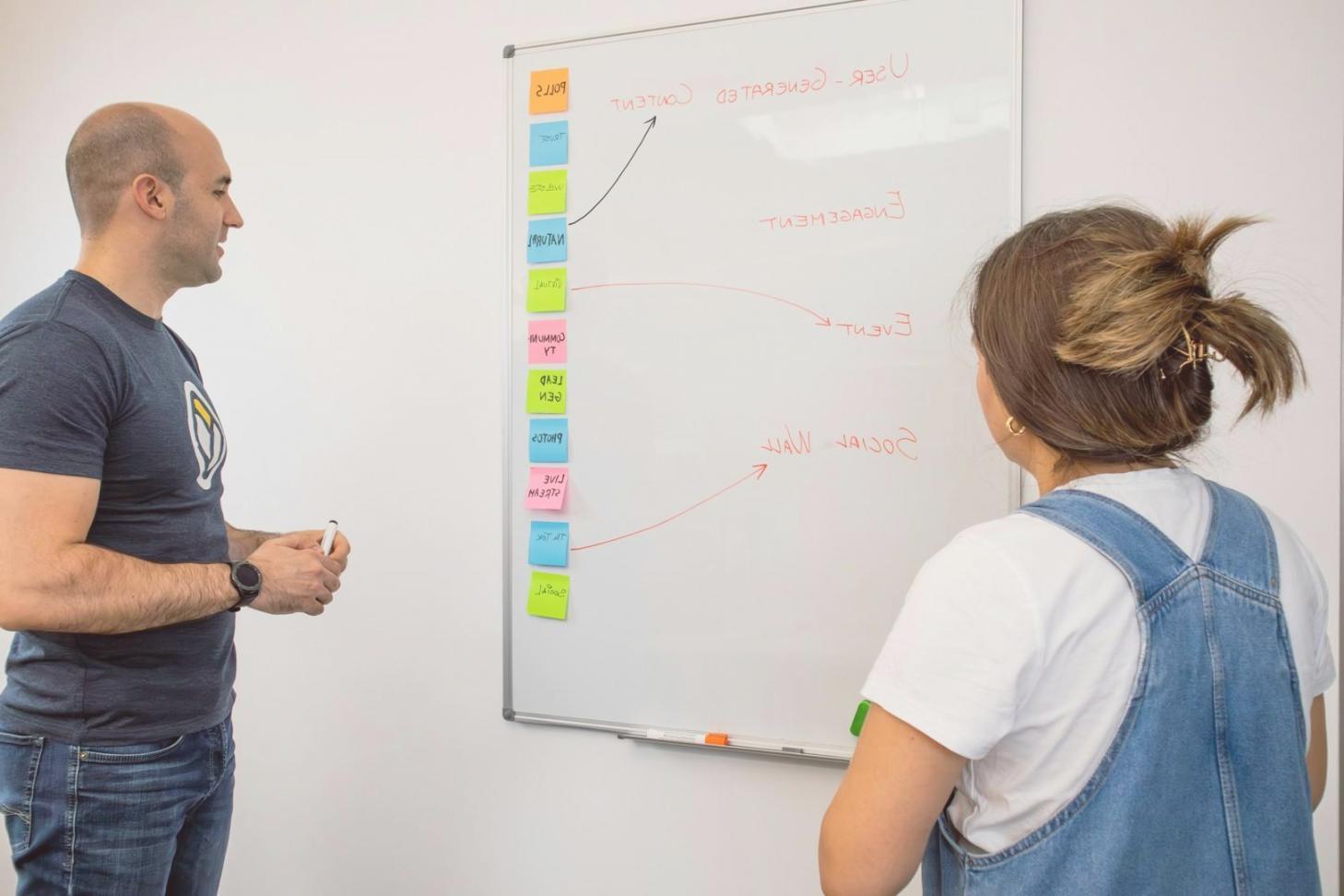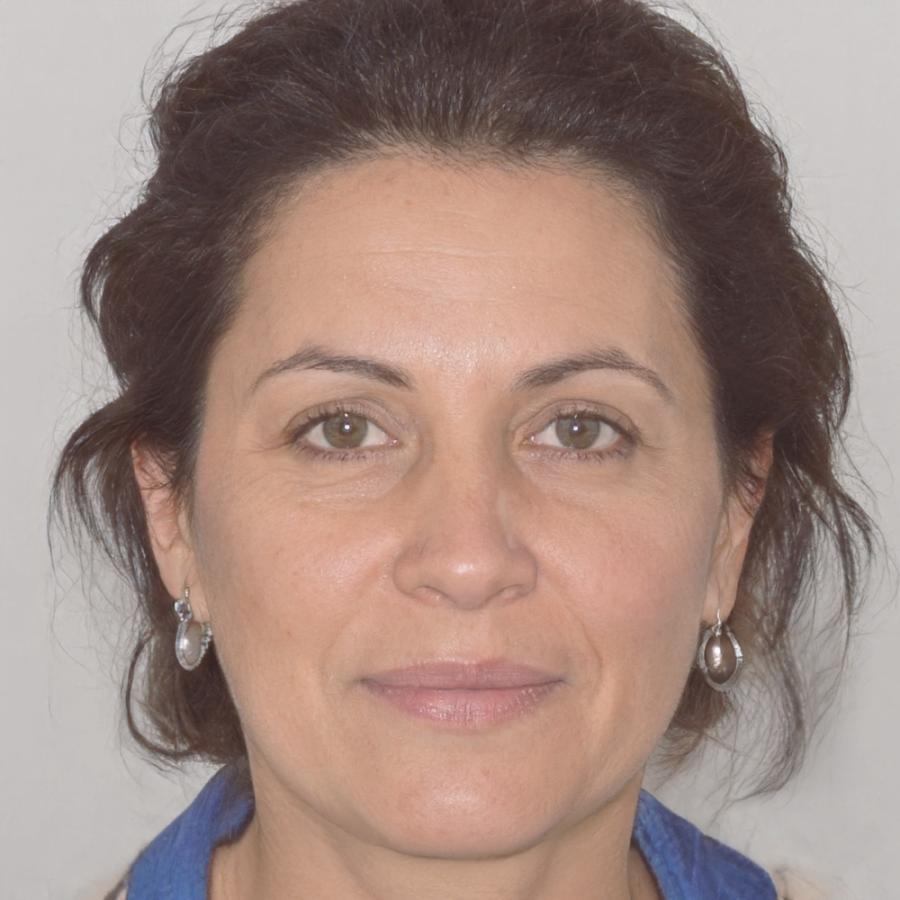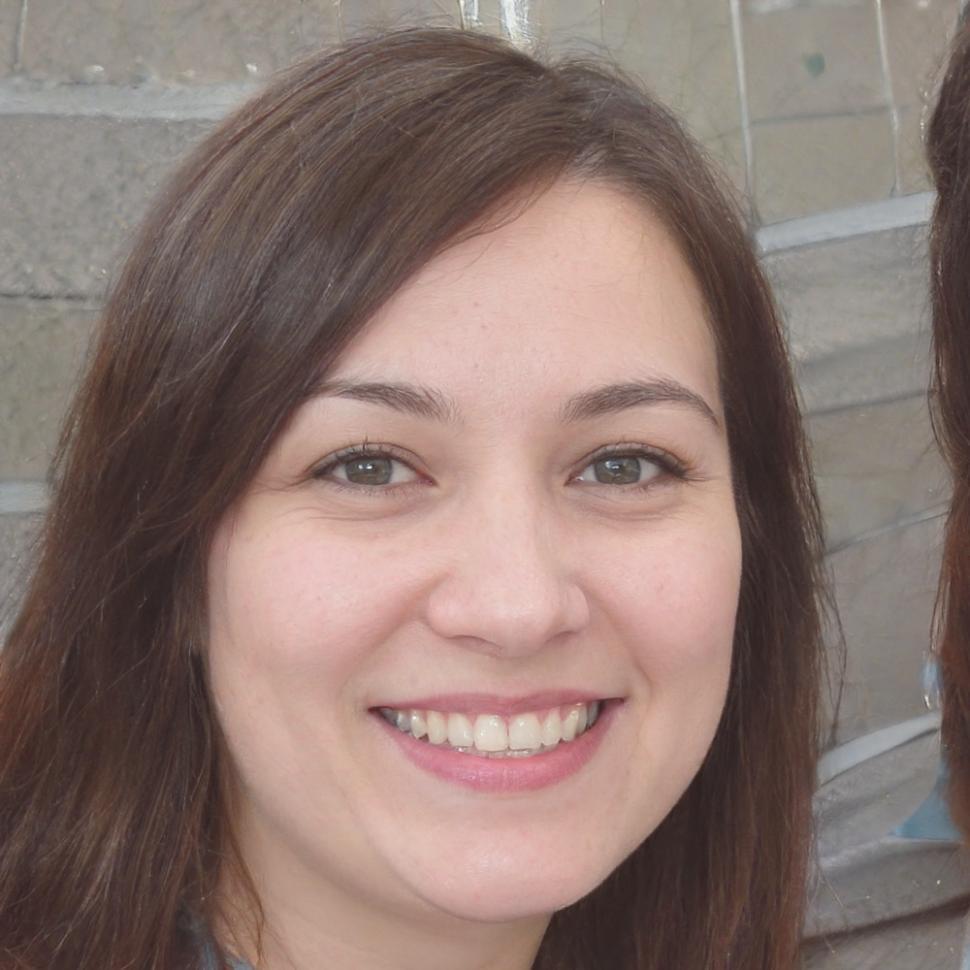Financial Research Methods: Comprehensive Training Program
Learning how to conduct meaningful financial research isn't something you pick up overnight. Our program walks you through practical methods used by analysts across Canada—from data gathering to presenting findings that actually inform business decisions.
Request Program Details
What You'll Actually Learn
We've built this curriculum around real research scenarios. Each module introduces techniques you'll use repeatedly, whether you're evaluating investment opportunities or preparing market intelligence reports.
Research Foundations & Data Sources
Start with the fundamentals—where financial data comes from, how to evaluate source reliability, and building efficient research workflows.
- Primary vs. secondary data collection
- Financial database navigation (Bloomberg, FactSet)
- Regulatory filing analysis (SEDAR, SEC)
- Setting up research tracking systems
Quantitative Analysis Techniques
Numbers tell stories, but you need to know which ones matter. This module covers statistical methods and financial modeling approaches that reveal meaningful patterns.
- Ratio analysis and trend identification
- Regression models for forecasting
- Time-series analysis basics
- Building comparable company frameworks
Qualitative Research Methods
Not everything shows up in spreadsheets. Learn to gather insights through interviews, assess management quality, and evaluate competitive positioning.
- Expert interview techniques
- Industry landscape mapping
- Management assessment frameworks
- Synthesizing non-quantitative information
Market & Economic Research
Context matters. Understand macroeconomic indicators, sector-specific dynamics, and how broader market conditions affect individual securities.
- Economic indicator interpretation
- Sector rotation analysis
- Interest rate environment assessment
- Currency impact evaluation
Risk Assessment & Scenario Planning
Good research acknowledges uncertainty. Build frameworks for identifying risks, stress-testing assumptions, and developing alternative scenarios.
- Risk identification methodologies
- Sensitivity analysis construction
- Probability-weighted scenario modeling
- Downside protection strategies
Research Communication & Reporting
Research only matters if people understand it. Learn to structure findings, create clear visualizations, and present recommendations that stakeholders can act on.
- Investment thesis development
- Data visualization best practices
- Executive summary writing
- Presentation delivery techniques
Who's Teaching This Program
We've brought together practitioners who've spent years doing this work—not just talking about it. They've all dealt with the frustrations of incomplete data, tight deadlines, and stakeholders who need clear answers.

Siobhan Kearney
Lead Instructor, Quantitative Methods
Siobhan spent twelve years as a buy-side analyst before transitioning to education. She's worked through three market cycles and has a particular talent for explaining complex statistical concepts without the usual jargon.

Dagmar Solberg
Senior Instructor, Qualitative Research
Dagmar's background includes equity research at a major Canadian bank and consulting work with pension funds. She brings real-world interview techniques and a pragmatic approach to information gathering.

Elspeth Drummond
Instructor, Research Communication
After years writing investment research reports, Elspeth knows what makes analysis clear versus confusing. She'll help you present findings in ways that actually get read and understood by decision-makers.

Upcoming Program Sessions
We run two cohorts per year with limited enrollment. Each session includes live instruction, project work, and feedback on your research outputs.
Autumn 2025 Cohort
Winter 2026 Cohort
Program Format & Delivery
All sessions are conducted live online with a mix of instruction, case study work, and peer discussion. You'll complete three major research projects throughout the program, receiving detailed feedback from instructors. We keep cohorts small—typically 18-22 participants—so you get meaningful interaction and guidance.
Inquire About Next Cohort